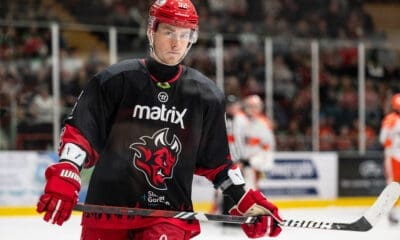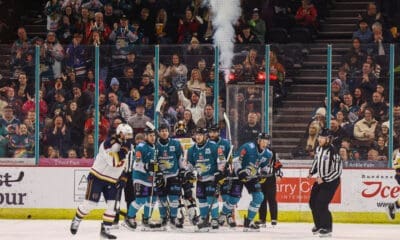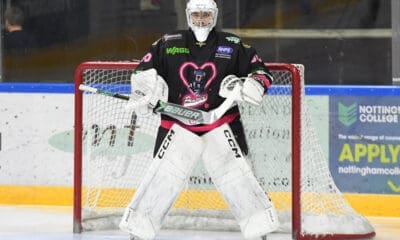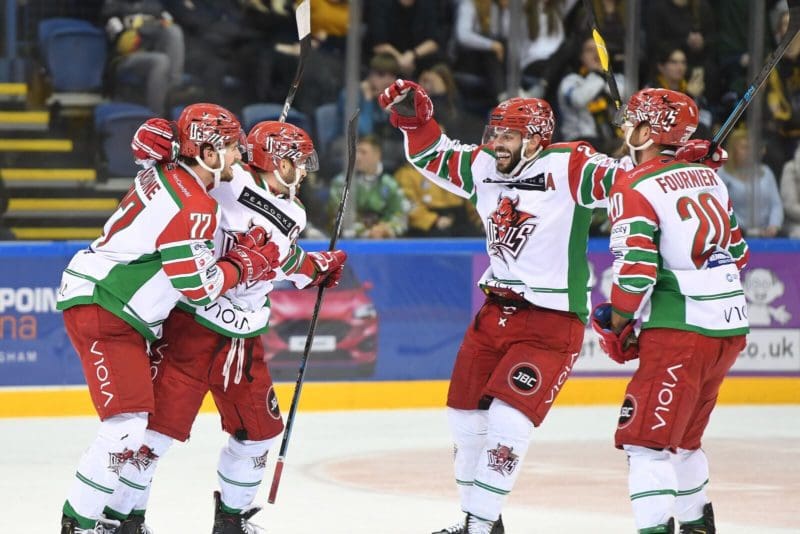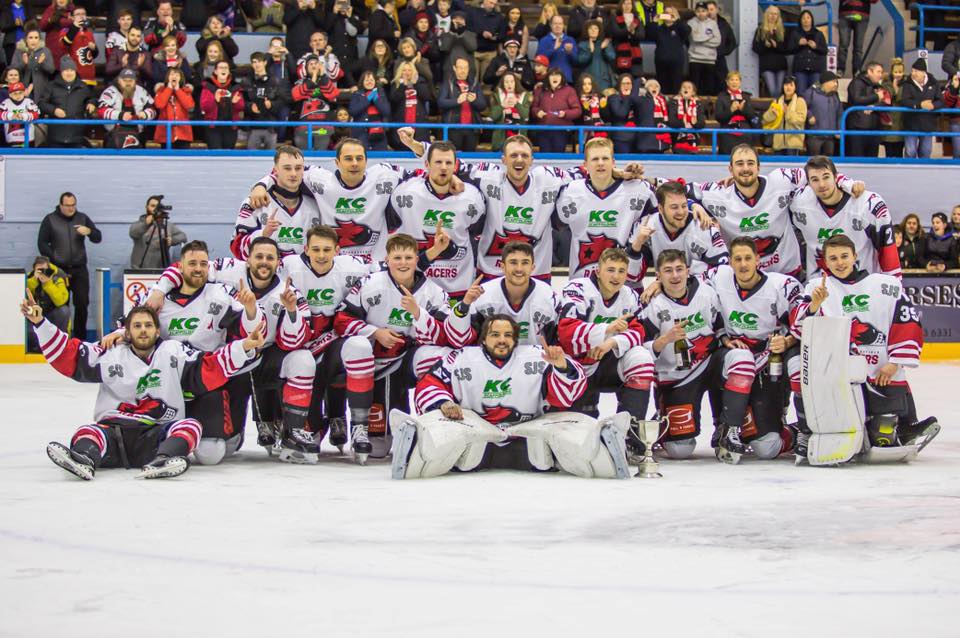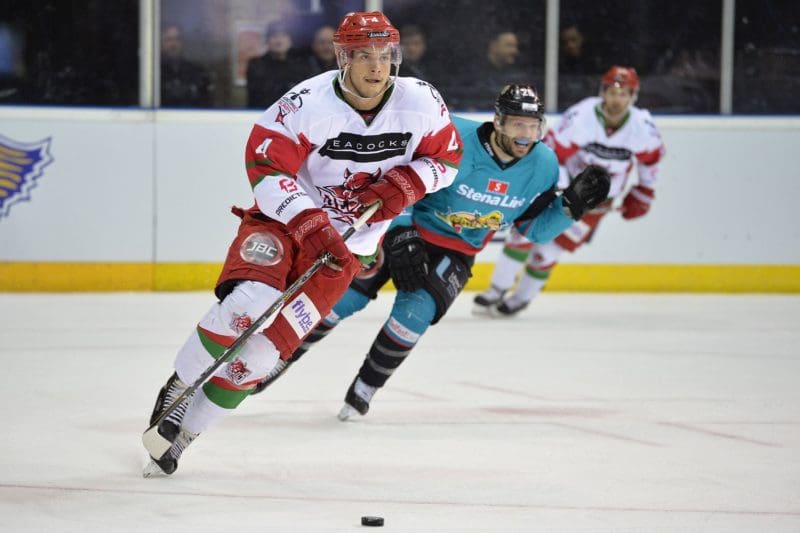Leading ice hockey researcher Dr Victoria Silverwood believes the Elite League’s disciplinary review system is seriously flawed and has called for a fully-transparent procedure to be implemented.
Dr Silverwood has spent eight years studying the EIHL, completing her PhD on violence in professional hockey, and was also involved in the recently released film documentary ‘Ice Guardians’ about the perils of fighting in the sport.
She thinks the current system of discipline in the EIHL is open to abuse.
“I started questioning what was happening with the Department of Player Safety (DOPS) around a year ago,” said Dr Silverwood.
“The first big case was the Cam Janssen and Tyson Marsh fight, when Marsh received a five-game penalty which was appealed and then reduced to three games.
“He was able to play for Cardiff in their next game against Nottingham and there was dissatisfaction with how it was dealt with, so there were calls for Janssen to fight Marsh as retaliation.
“This led to his concussion and ultimately his retirement from the game, but I was interested to find out more.
“DOPS had been keen to publish videos about why decisions were being made, but they didn’t do the same when they reduced the penalty leading to the players taking matters into their own hands.”
Dr Silverwood says she tried to find out who was responsible for DOPS and why the system wasn’t fully transparent, but without success.
She has since discovered the review policy for DOPS has changed, with “experts from North America” introduced, but thinks the lack of transparency means the system is still far from perfect.
One major area of concern to Dr Silverwood is the fact the teams themselves request reviews, rather match officials or independent assessors.
There’s an inherent problem with player safety being linked to individual club’s requests. Player safety is an issue for entire league #EIHL https://t.co/qtbOdu8C1a
— DrVictoriaSilverwood (@SilverwoodVS) October 19, 2016
“With the ownership of the league being the owners of the teams themselves, you’re always going to open to questions and concerns,” Dr Silverwood added.
“Has a team tactically used the system or wielded their power to ensure certain players aren’t playing in important games, when in fact DOPS should be an independent player-focused body with concern for the safety of all players regardless of the teams they are in?
“It’s often a tactical decision and it’s often said that teams will only call for reviews when they’re going to play that team again when crucial points are at stake. This has nothing to do with actual player safety.”
Dr Silverwood also questioned the 24-hour timescale for clubs to gather their video evidence, claiming some organisations were better set up to do this than others.
While there has been some criticism of on-ice officials for “hiding” behind DOPs rather than making big calls, Dr Silverwood says they face an almost impossible task.
“I think the officials have a very hard job and they have a very critical audience as well, in the sense that it’s impossible to see everything that is going on during a game,” she said.
“For instance, I saw some of the playback of the Fife and Braehead game and you had several players facing off against each other – the referee can’t be expected to see all of those things.
“They actually can’t make a judgement on something they haven’t seen, so their hands are tied in that respect.
“I think there’s always room for improvement from officials, but I certainly wouldn’t criticise them given the majority are just covering expenses and maybe a little bit extra.
“Additional training and financial benefits for referees is really important and that should be happening across the leagues.
“Ultimately the officials need to be supported by an independent disciplinary committee – and we need to know who that is.
“Players, teams and spectators all need to be aware of the expertise of the people involved and the reasons behind the decisions they make.
“It also needs to be a system that is fair to all teams regardless of their video facilities.
“If we’re going to be taken seriously as a hockey country, we need to show we’re transparent and clear in the disciplinary action we take against players regardless of the team they play for.”
(Image permission: Dean Woolley)

